A new pacemaker membrane reduces fibrotic build-up around the implants in pigs. In people, this would simplify surgeries to replace the devices.
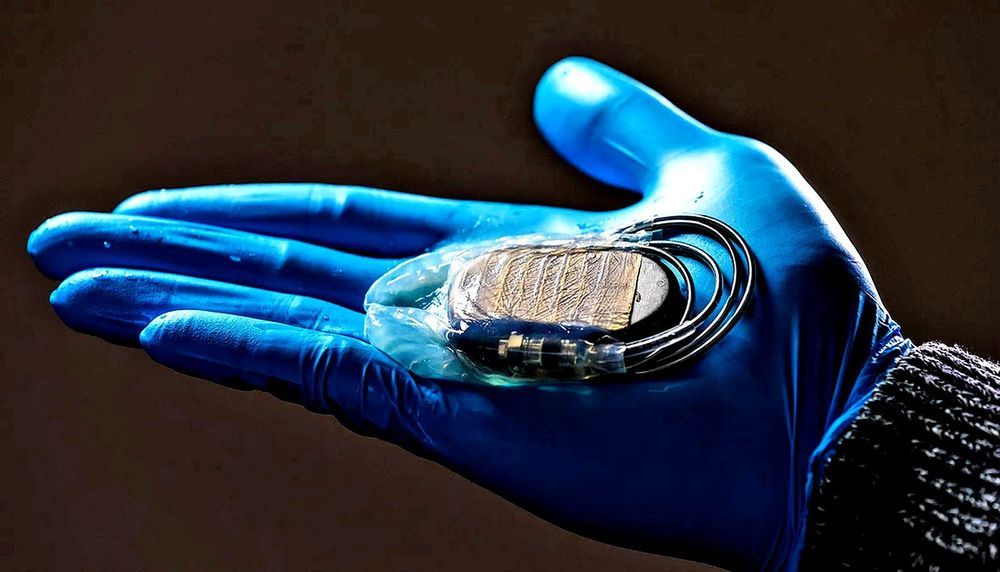

This robot works in assisted living homes so carers can focus on patients more.
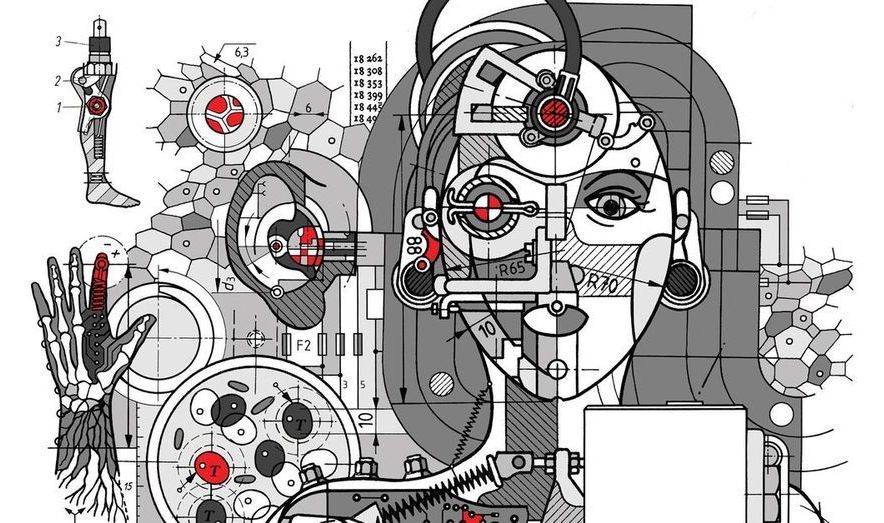
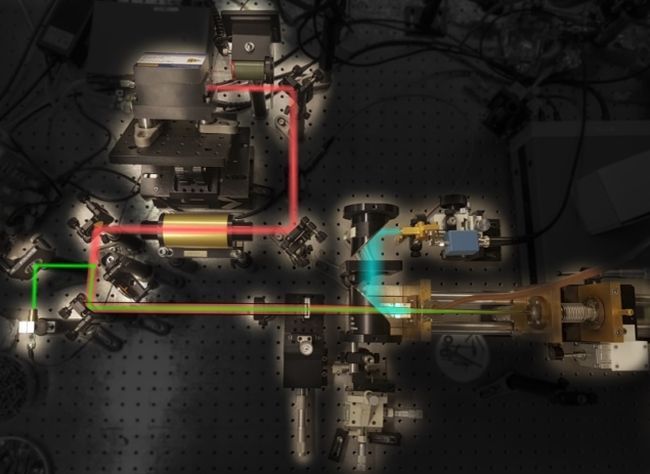
Researchers have created a new terahertz radiation emitter with coveted frequency adjustment capability. The compact source could enable the development of futuristic communications, security, biomedical, and astronomical imaging systems.
Harvard University Massachusetts Institute of Technology (MIT) Duke University U.S. Army #lasers #photonics

The blood-borne signs of aging – and indeed, perhaps the causes of aging – make three big shifts around the ages of 34, 60 and 78, a new Stanford-led study has discovered, potentially leading to new diagnostic tests and avenues of anti-aging research.
The study measured levels of nearly 3,000 individual proteins in the plasma of small blood samples from 4,263 people aged between 18 and 95, and found that 1,379 of these proteins varied significantly with a subject’s age. Indeed, with information about levels of just 373 of these proteins, the researchers found they could predict a subject’s age “with great accuracy,” and an even smaller subset of just nine proteins could do a “passable” job.
Proteins are the body’s workhorses, carrying out instructions from all the body’s cells. Changes in their levels in our blood reflect the starting, stopping and changing of different biological processes. The researchers found that these changes were often quite sudden – levels of a protein would remain stable in the blood for years, and then rapidly plunge or leap, rather than showing a steady increase or decline.
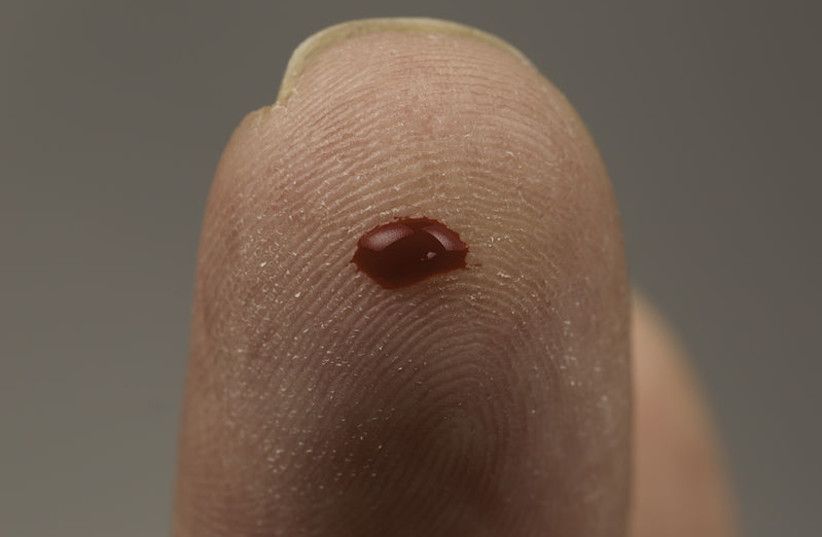
Israeli startup Sight Diagnostics said on Wednesday the US Food and Drug Administration had cleared its device that can process results for the most commonly needed blood test in about ten minutes. The regulator’s nod means that laboratories that run relatively lesser tests on a day to day basis may also be able to conduct the complete blood count (CBC) test with just two drops of blood.
Just before the 14 minute mark: “I believe that most people today have a respectable chance of living to 1,000, or indeed any other number you might think of.”
The Talk Spot is an interview show where we have guests of all backgrounds on. This episode features author and biomedical gerontologist, Aubrey de Grey.
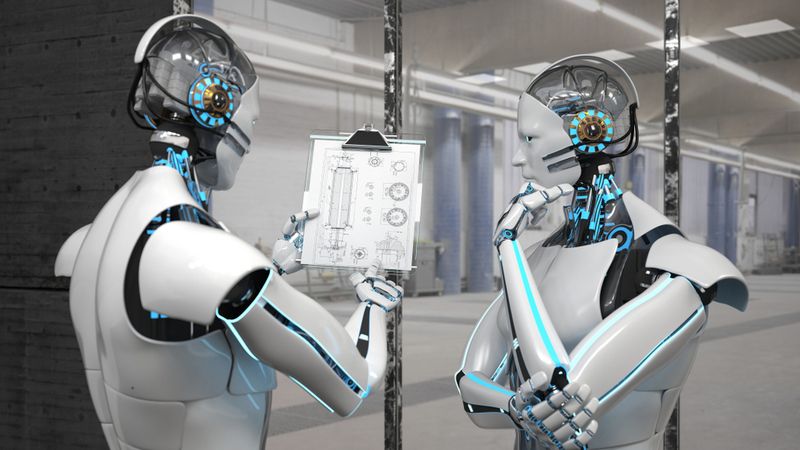
A type of artificial intelligence technique is now being used to develop new drugs and therapies and could perhaps even help to solve aging.
An urgent need for aging biomarkers
There has long been an urgent need in our field to develop increasingly accurate biomarkers of aging so that the efficacy of interventions can be gauged. Deep learning is one of the more recent techniques being applied in the search for aging biomarkers.
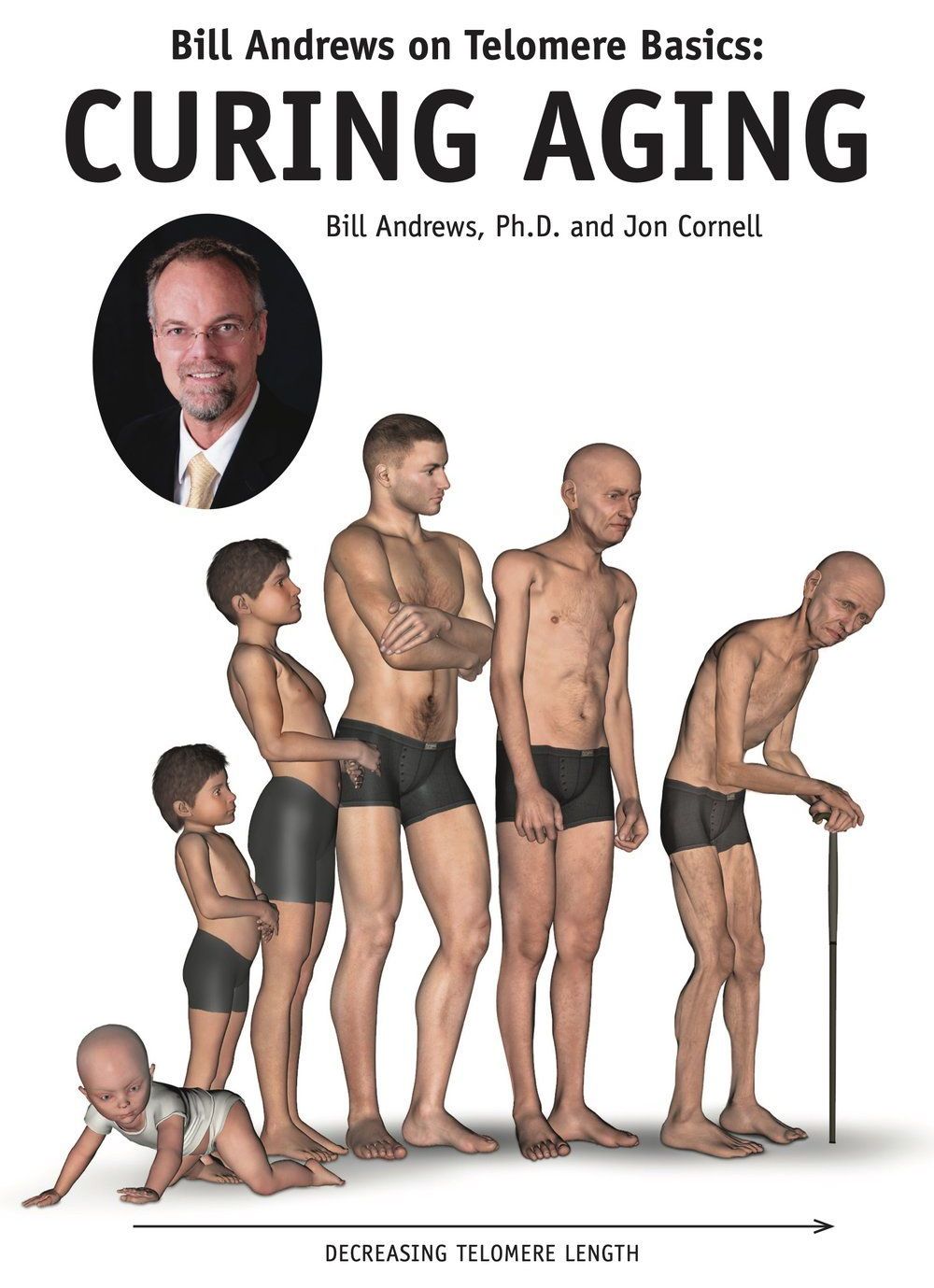
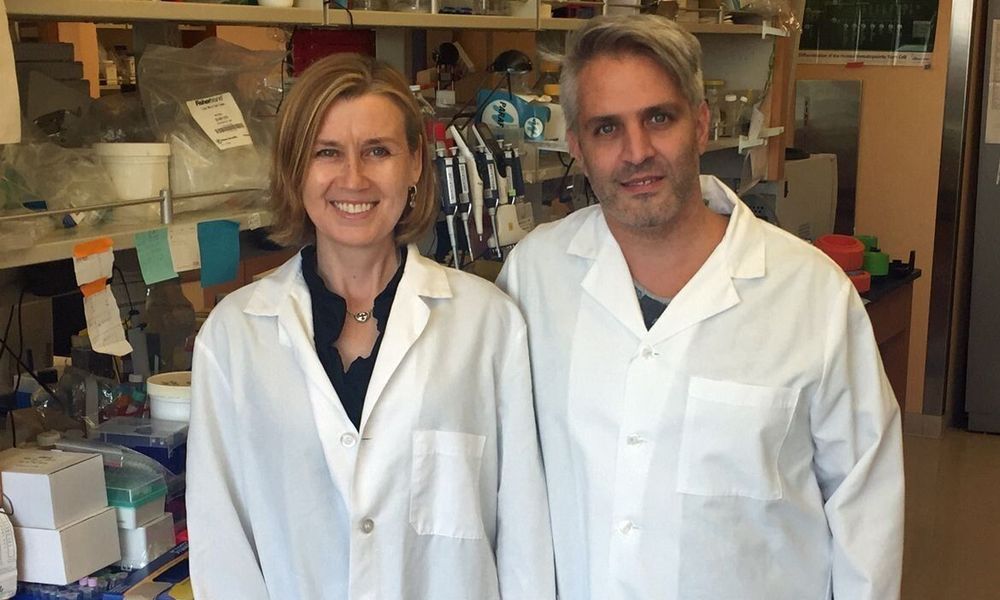
UCLA scientists have discovered a link between a protein and the ability of human blood stem cells to self-renew. In a study published today in the journal Nature, the team reports that activating the protein causes blood stem cells to self-renew at least twelvefold in laboratory conditions.
Multiplying blood stem cells in conditions outside the human body could greatly improve treatment options for blood cancers like leukemia and for many inherited blood diseases.
Dr. Hanna Mikkola, a member of the Eli and Edythe Broad Center of Regenerative Medicine and Stem Cell Research at UCLA and senior author of the study, has studied blood stem cells for more than 20 years.